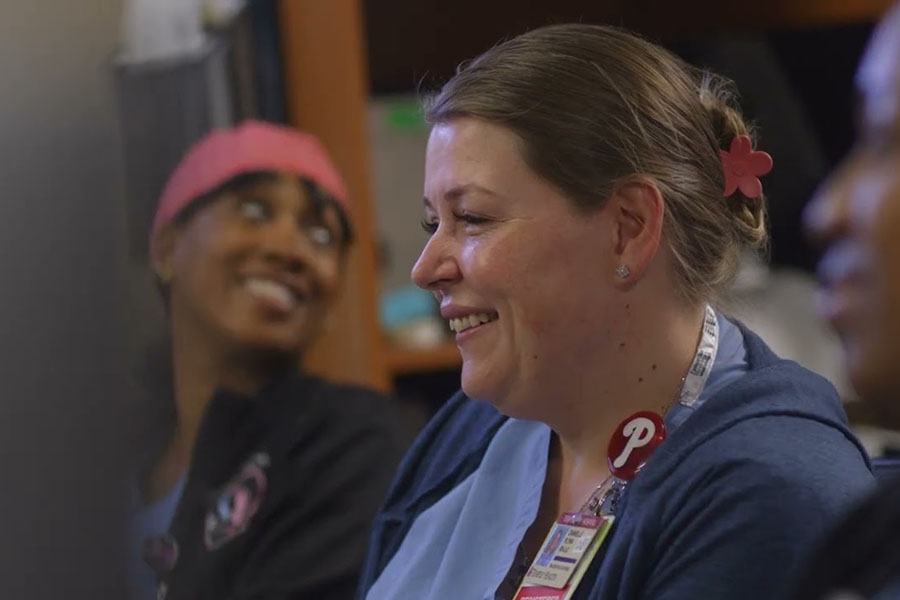At Temple Health, we’re committed to improving Philadelphia’s maternal outcomes—which couldn’t be more important, as our city’s maternal mortality rate is 15% higher than the national average.
This crisis is driven by a lack of resources for new and expecting parents, economic insecurity, and gaps in pre and postnatal care. We’re addressing these challenges head-on by opening the region’s only hospital dedicated to women’s and families’ health right here in North Philadelphia, which will bring resources and access where they’re needed most.
Watch this video to learn how we’re building a future where all families receive the care they deserve:
